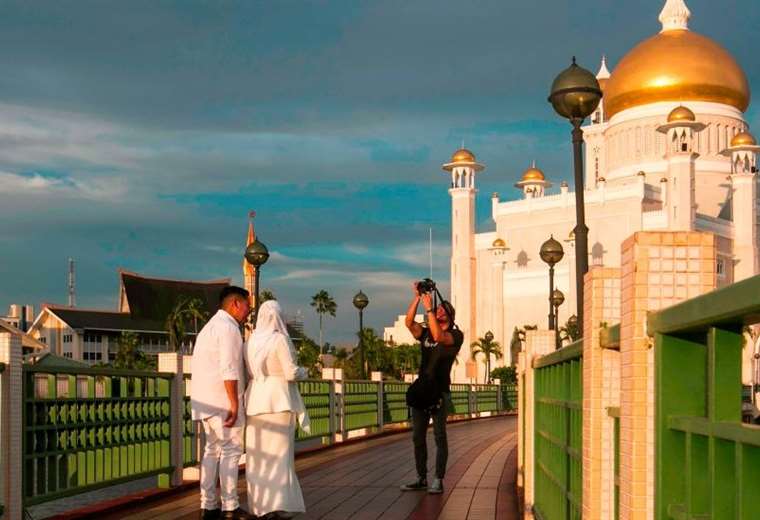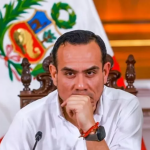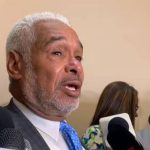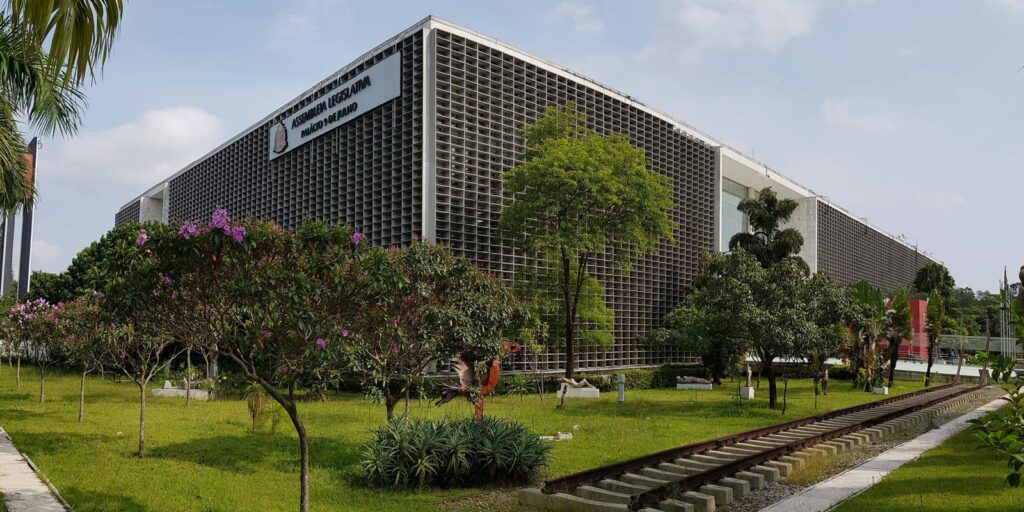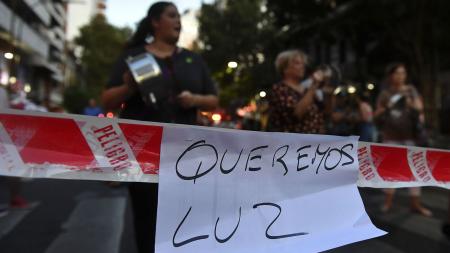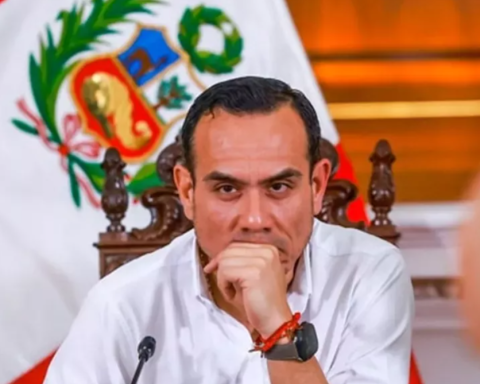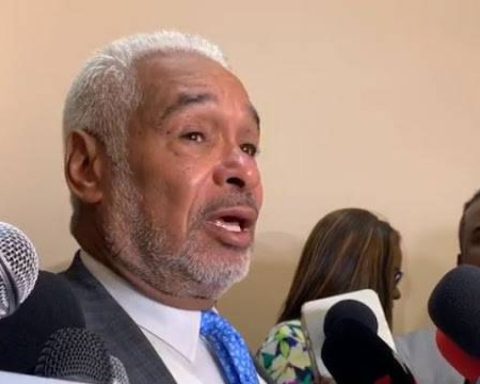March 15, 2023, 6:51 AM
March 15, 2023, 6:51 AM
Neither the crises nor the pandemics and not even the war in Ukraine have caused the debt of the small country of Brunei to skyrocket as it has happened in many nations.
While the rest of the world was forced to a greater or lesser extent to pull public spending to combat the effects of covid-19 or more recently inflation, Brunei remains the country with the lowest debt relative to its GDP in the world with a figure of 1.9%.
But while a low debt-to-GDP ratio is generally desirable, it does not necessarily indicate a healthy economy.
Many developing countries have a low debt-to-GDP ratio because both their level of debt and their wealth creation are low.
However, this is not the case in Brunei.
The small state has one of the highest living standards in the world thanks to its abundant reserves of oil and gas.
Is he fourth richest country of the world.
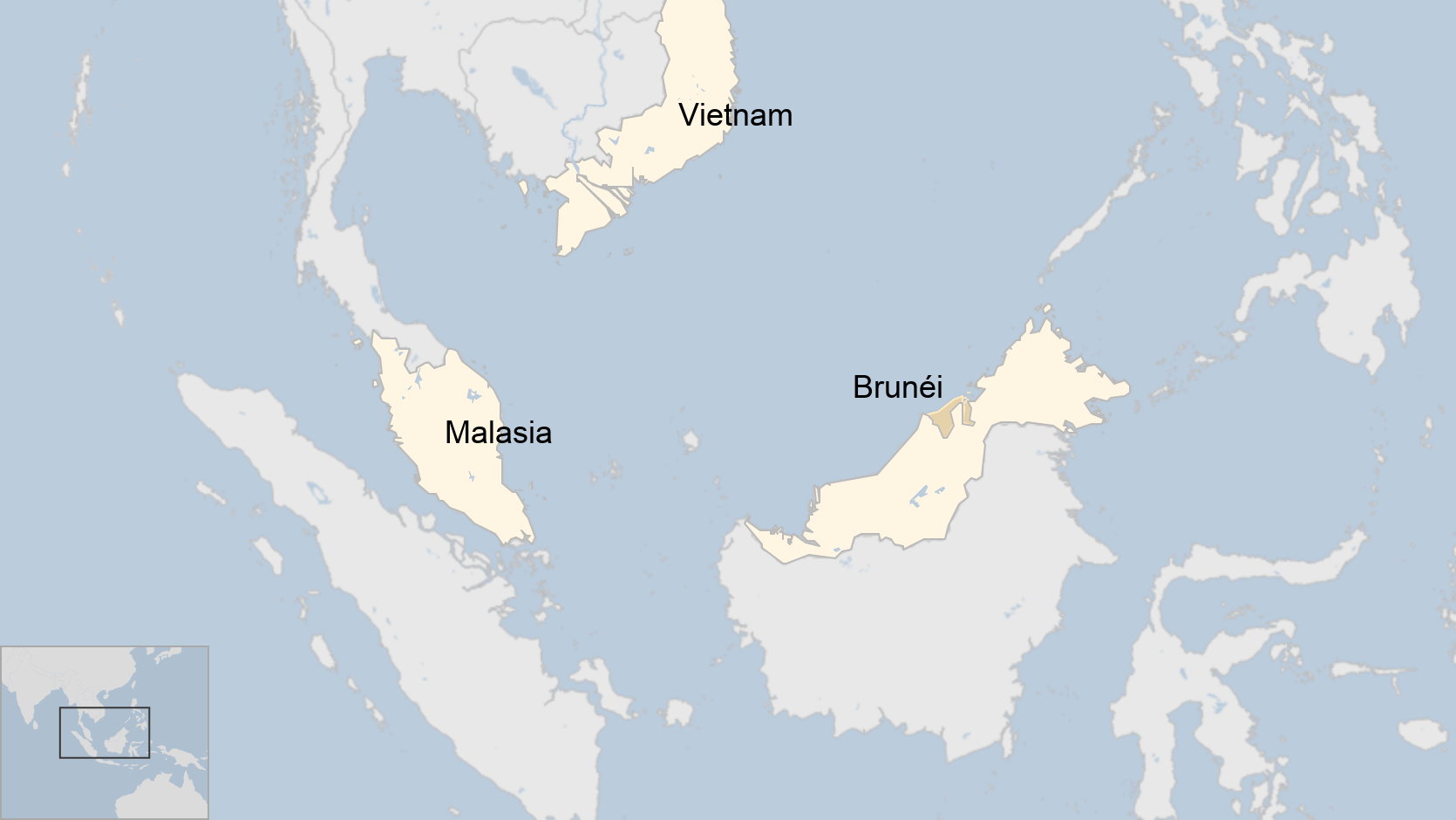
“Brunei It’s a petrostate. Crude oil and natural gas production accounts for around 90% of its GDP,” explains Ulrich Volz, Director of the Center for Sustainable Finance and Professor of Economics at the University of London’s School of Oriental and African Studies (SOAS).
It is estimated that Brunei had reserves of 1,100 million barrels of oil at the end of 2017 – 0.1% of world reserves – and 2.6 trillion cubic meters of gas – a little more than 0.13%. of world reserves.
Located on the north coast of the Island of Borneo in Southeast Asia, Brunei It shares a border with Malaysia and Indonesia.
The members of his royal family, headed by the head of state, Sultan Hassanal Bolkiah, have enormous private fortunes.
Welfare state
its citizens they don’t pay taxes on income and the government provides free medical services and education up to the university level.
And its capital, Bandar Seri Bagawan, is safe, clean and very quiet, say those who have visited it.
In addition, the sultan, who enjoys great popularity among his subjects, regularly allocates plots of land and houses to deserving residents under various government schemes.
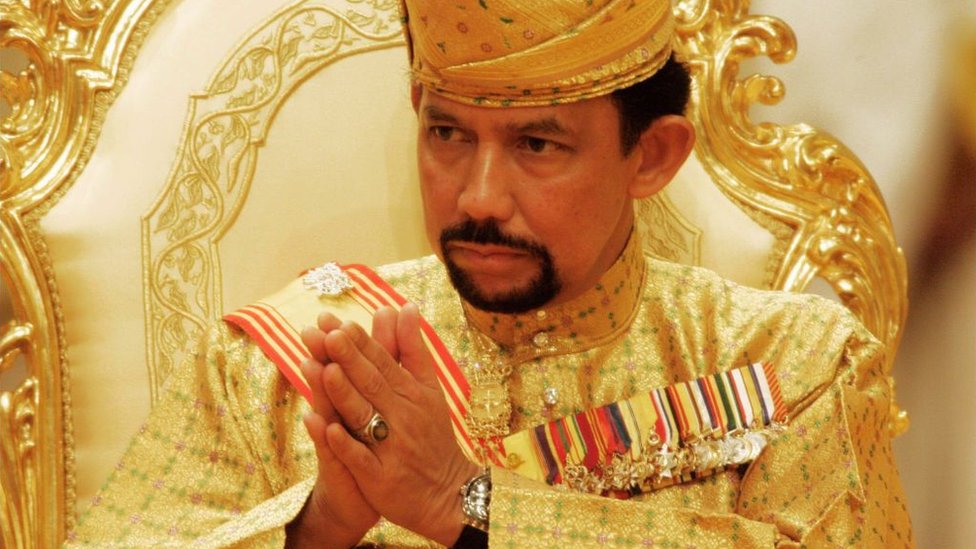
“This is a country small In Population, does not reach half a million inhabitants, who also live relatively concentrated in a territory of just 5,700 km2″, they explain to BBC Mundo from the Secretary of State for Commerce of Spain.
The reason Brunei has such low debt is the income from the sale of hydrocarbons.
“This has allowed it to establish large fiscal reserves that in years with public deficits have been financed with those reserves, without having to resort to debt“, they add.
“In absolute terms, Brunei is a very small economy with a lower level of relevance in the region. It is only important as a supplier of oil and gas to Asia. All this within the framework of a very particular political situation that aspires to maintain itself in exchange for material compensation to its citizens,” they say.
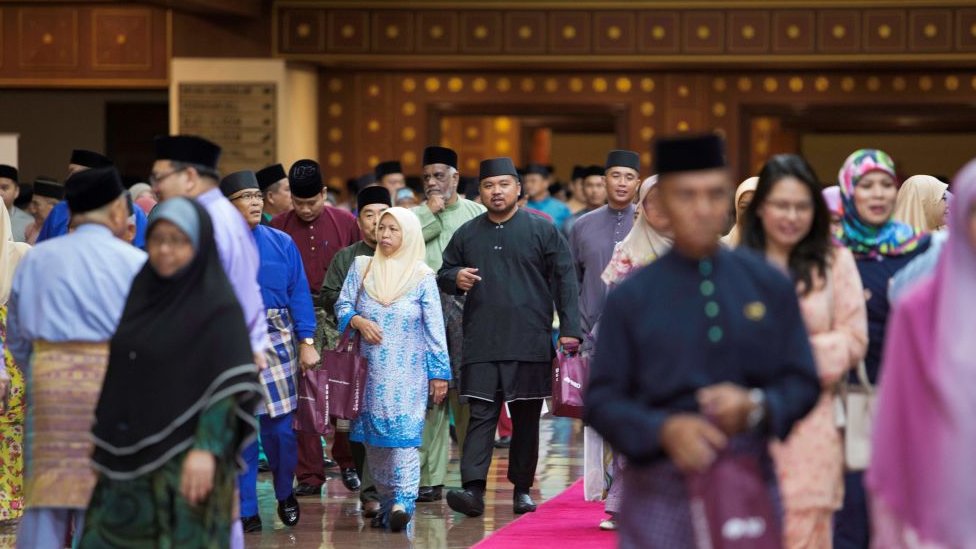
circular money
“Thanks to its fossil fuel exports it has run large current account surpluses, which means the country is a net lender to the rest of the world and I didn’t need to borrow money”recalls Professor Volz.
Brunei is one of the rare countries without foreign debt thanks to its industry that generates huge cash inflows for their banks and government coffers.
Consequently, while the rest of the world’s countries must depend, to a greater or lesser degree, on financing from foreign lenders, both government and private small-state borrowers can finance their economy through loans from their own banks.
One of the advantages for the Brunei economy is that you don’t have to buy foreign currency to repay your loans.
And the other is that the government and its economy keep profits and taxes within its own economy.
“The effective tax management has been a consistent policy priority for the government, keeping fiscal pressures low” for its citizens and businesses, says Eric Chiang, an economist at Moody’s Analytics.
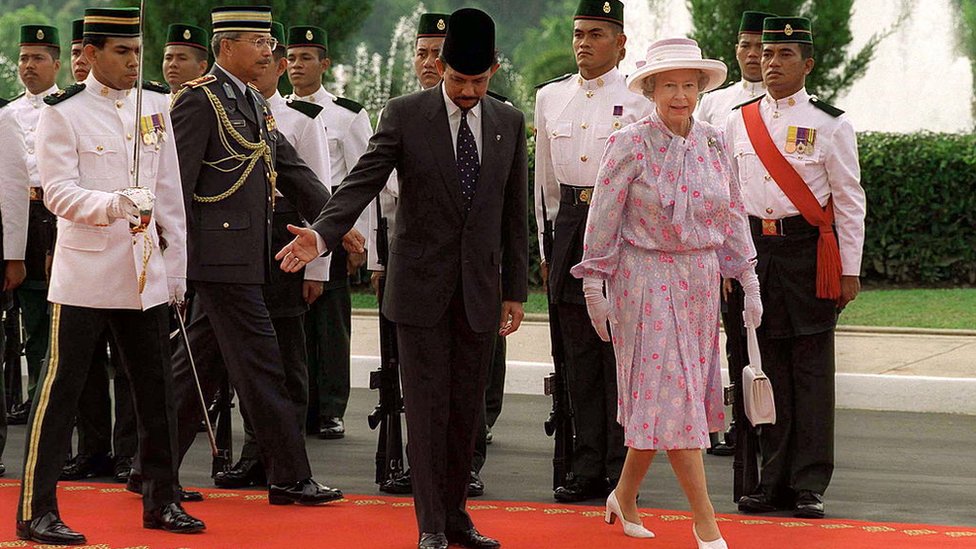
“Brunei consistently posts current account surpluses, which has helped to finance its external debt. Borrowing costs have remained relatively low in recent years and this allows the nation to keep debt service to a minimum without having to resort to austerity measures to reduce public spending,” he adds.
However, despite attempts to diversify its economy, Brunei faces significant fiscal risks as the global economy decarbonises.
“The enormous reliance on the oil and gas sector can profoundly disrupt the functioning of the country as the process of transformation of the world energy model continue to consolidate”, warn the ICEX Foreign Trade technicians.
strict Islamic law
Under a British protectorate since 1888, Brunei was the only Malaysian state to opt out in 1963 of joining the federation that became its neighbor Malaysia.
Full independence came relatively late, in 1984.
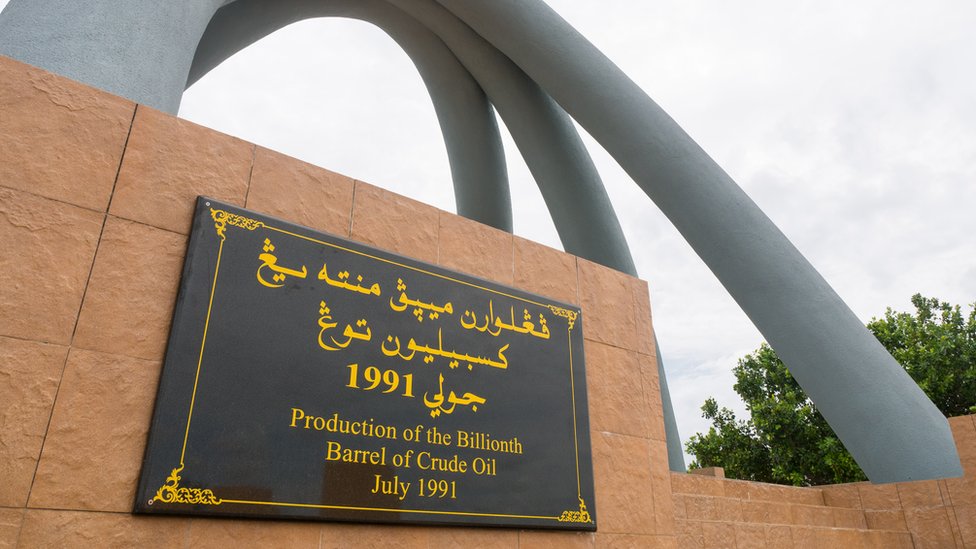
The Sultan of Brunei, Hassanal Bolkiah, is one of the oldest absolute monarchs and one of the few remaining in the world.
Was crowned in August 1968 after the abdication of his father, Haji Omar Ali Saifuddin.
After Brunei’s independence in 1984, he appointed himself prime minister and in 1991 introduced a ideology called malay muslim monarchywhich presented the monarch as the defender of the faith.
In 2014, Brunei became the first country in East Asia to adopt strict Islamic Sharia law.
But in 2019, he backed down from his decision to punish sex between men and adultery with stoning, after being criticized and even boycotted by celebrities like George Clooney.
Following international condemnation, the sultan also applied a moratorium on the execution of the death penalty, as had been done for more than two decades.
Because although Brunei law still punishes some crimes with executions, the authorities had stopped carrying them out in 1957.
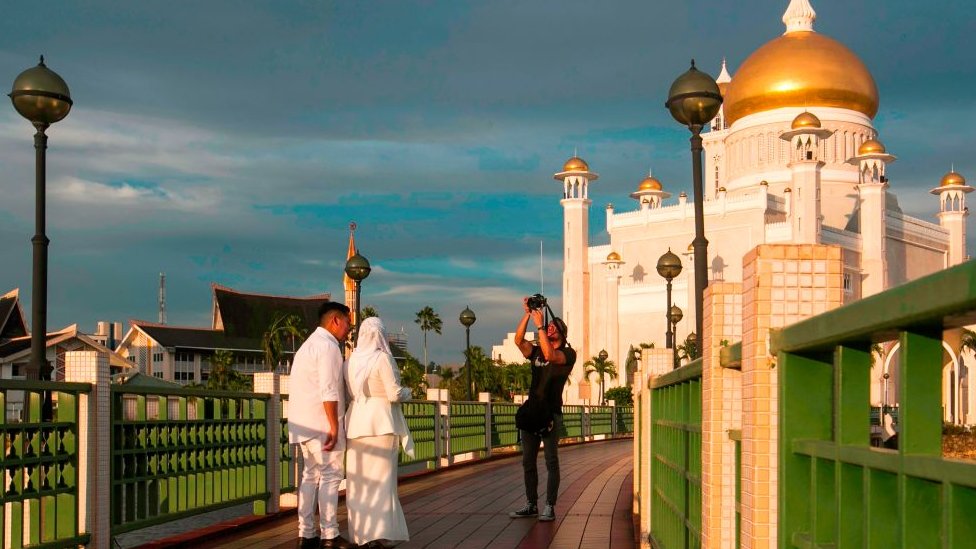
Now you can receive notifications from BBC Mundo. Download the new version of our app and activate them so you don’t miss out on our best content.
